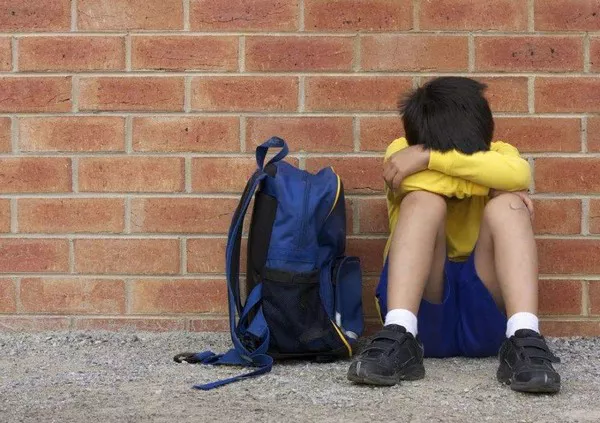In preparation for the upcoming Paris Olympics and Paralympics, French athletes are set to receive improved safeguards for their mental well-being, with a particular focus on mitigating online harassment and cyberbullying.
Amélie Oudéa-Castéra, France’s Sports Minister, along with Marina Ferrari, Secretary of State for Digital Affairs, have engaged in discussions aimed at prioritizing mental health support during the Paris Games scheduled from July 26 to August 11 and the Paralympics from August 28 to September 8.
Highlighting the pervasive threat of cyberbullying in today’s society, Oudéa-Castéra emphasized the heightened risks faced by high-profile athletes who are constantly under the public eye.
“Athletes, much like many members of our society, are vulnerable to these dangers,” she stated. “We are deploying resources to assist not only our athletes but also our youth and all citizens.”
A recent study conducted by France’s National Institute of Sport, Expertise, and Performance (INSEP) revealed that 15% of athletes exhibit symptoms of high anxiety or depression, with the onset of psychological challenges typically beginning at the age of 17.
Recognized risk factors include prolonged separation from family, fan pressure, sponsor expectations, backlash from disgruntled bettors, fear of failure, and the incessant pressure to deliver results. These stressors are exacerbated by the constant exposure on social media platforms.
To address these concerns, proactive measures are being implemented to bolster mental health support systems.
Commencing in June, the France.sport website dedicated to elite athletes will incorporate a “Santé Mentale” (Mental Health) section, offering a comprehensive guide with practical advice and a self-assessment questionnaire. Additionally, athletes will have access to psychologists recommended by INSEP. These services will extend beyond the Games and will be available to coaching staff as well.
INSEP will collaborate with various French sports organizations to raise awareness about mental health risks among athletes through informational presentations.
Furthermore, France’s sports minister is collaborating with other ministries to develop and endorse the profession of Mental Coach, individuals who work closely with athletes to enhance their mental preparedness and performance.
Within the Olympic Village in Saint-Denis, designated safeguarding and welfare officers, including trained psychologists, will be stationed to provide support to athletes and staff members experiencing mental health challenges. These officers will also be available to assist athletes residing outside the main Village.
Moreover, an online application called Bodyguard, already utilized by the French Tennis Federation and the French soccer league, will offer athletes enhanced protection against online harassment, including monitoring private messages upon request.
“The psychological well-being of athletes demands our utmost attention,” Ferrari emphasized. “They should feel secure and receive support during moments of adversity or uncertainty, given the heightened risks they face in their profession.”
Future discussions are slated to be held with major social media platforms to further address these concerns.



























